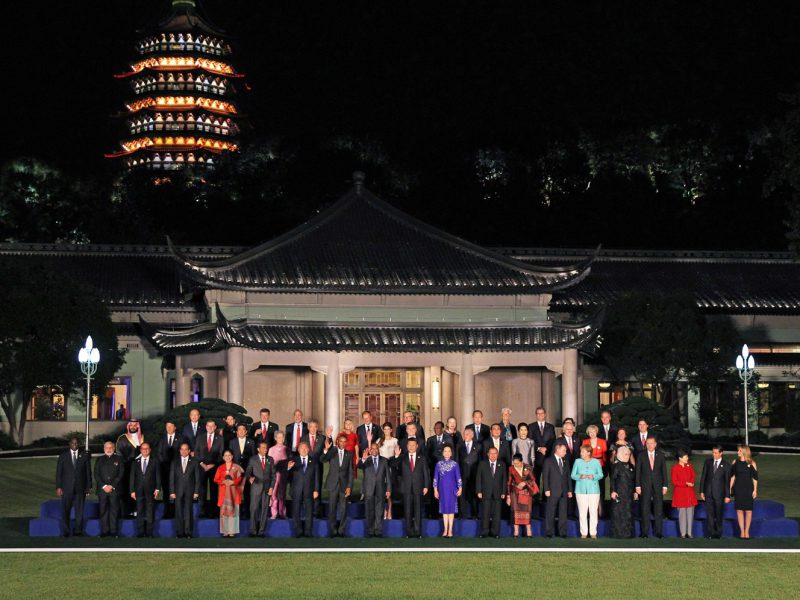G20 – Between G2 and G200
This year’s summit of the G20 took place from 4 to 5 September in Hangzhou, China. The agenda once again went beyond the classical economic issues of growth, trade and investment, and covered climate change, the 2030 Agenda or Sustainable Development, Brexit and even terrorism and health issues. These summits are gradually turning into sessions of some kind of a Global Economic Security Council, if not of a Global Directorate bringing together the most important established and emerging world powers. Should the G20 remain a stage for those preferring the freedom of ad hoc actions than global multilateral scrutiny, or should it be integrated into the more legitimate UN structures, revitalizing them at the same time?



